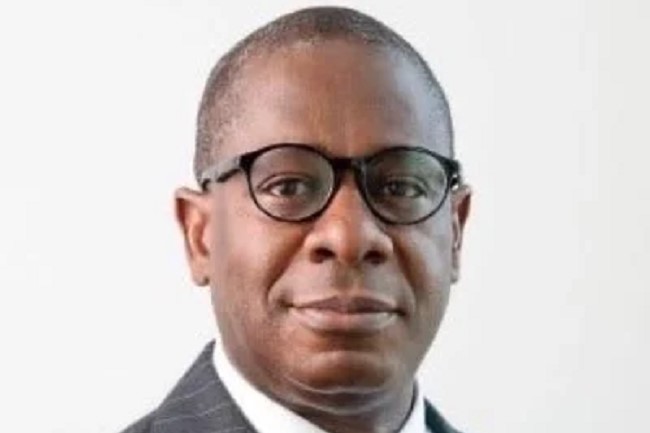The African Development Bank (AfDB) has committed $40 million to the Alliance for Green Infrastructure in Africa Project Development Fund (AGIA-PD), anchoring the Fund’s first close of $118 million.
AfDB Vice President for Private Sector, Infrastructure and Industrialisation, Mr. Solomon Quaynor, made this announcement in a statement on Saturday, August 16, 2025.

Quaynor said the milestone marked a major step in mobilising blended finance to deliver investment-ready green infrastructure projects across the continent.
According to him, the initiative will help accelerate Africa’s transition to a low-carbon and climate-resilient economy.
“The AfDB’s contribution comprises 20 million dollars in grants, $10 million in commercial equity, and $10 million in junior equity from the Sustainable Energy Fund for Africa, which it administers,” he said.
He noted that the Bank’s support was designed to de-risk early-stage projects and attract private sector capital.
“Through the $40 million package spanning grants, junior equity, and commercial equity, the AfDB is pioneering a comprehensive approach to unlock Africa’s vast green infrastructure potential.
“This investment is a bold declaration that the Bank stands ready to share early-stage risk alongside our partners, while mobilising billions in private-sector investment,” Quaynor added.
Africa50 CEO, Mr. Alain Ebobissé, said the first close demonstrates AGIA’s shift from ambition to execution since its launch at COP27.
“By unlocking early-stage capital, AGIA will accelerate the development of bankable projects, strengthen local capacity, and pave the way for a more sustainable and prosperous Africa,” he said.
UK Minister of State for Development, Ms. Jenny Chapman, said Britain’s contribution would support African-led solutions in vulnerable communities.
“We are partnering with countries to unlock private investment in the places hardest hit by climate change.
“This will support solar farms, water treatment plants, and other projects that help build stronger, climate-resilient economies,” Chapman said.
Christine de Barros Said, Head of Cooperation at the German Embassy in Maputo, said Germany, through its development bank KfW, was contributing 26 million euro to spur investment.
“AGIA identifies and develops projects until they reach creditworthiness, then sells them to investors.
“This generates vital investments in renewable energy, transport, water, and digitalization, sectors Africa urgently needs to foster growth and create jobs,” she explained.
President of the West African Development Bank (BOAD), Mr. Serge Ekue, said his institution’s involvement reaffirmed its commitment to bridge the infrastructure gap in the region.
“BOAD’s commitment to supporting Africa50 in implementing AGIA underscores our dedication to closing Africa’s infrastructure gap and fostering private sector investment in innovative projects,” he said.
Mr. Mark Gallogly, Co-founder of the Three Cairns Group, highlighted the challenge AGIA aimed to solve: “The lack of bankable projects remains a persistent barrier to scaling clean energy and climate-resilient infrastructure.
“AGIA’s first close marks a significant milestone in tackling the challenge,” Gallogly noted.
Ms. Georgia Keohane, CEO of the Soros Economic Development Fund, described AGIA as a vital Africa-led initiative.
“The Soros Economic Development Fund is proud to support AGIA, a critically important partnership catalysing transformative projects that enhance climate resilience and drive inclusive, sustainable development,” she said.
Jointly led by the AfDB, African Union Commission, and Africa50, the AGIA initiative aims to raise 500 million dollars to unlock a $10 billion pipeline of infrastructure projects across energy, sustainable transport, water, and ICT sectors.
By Lucy Ogalue
